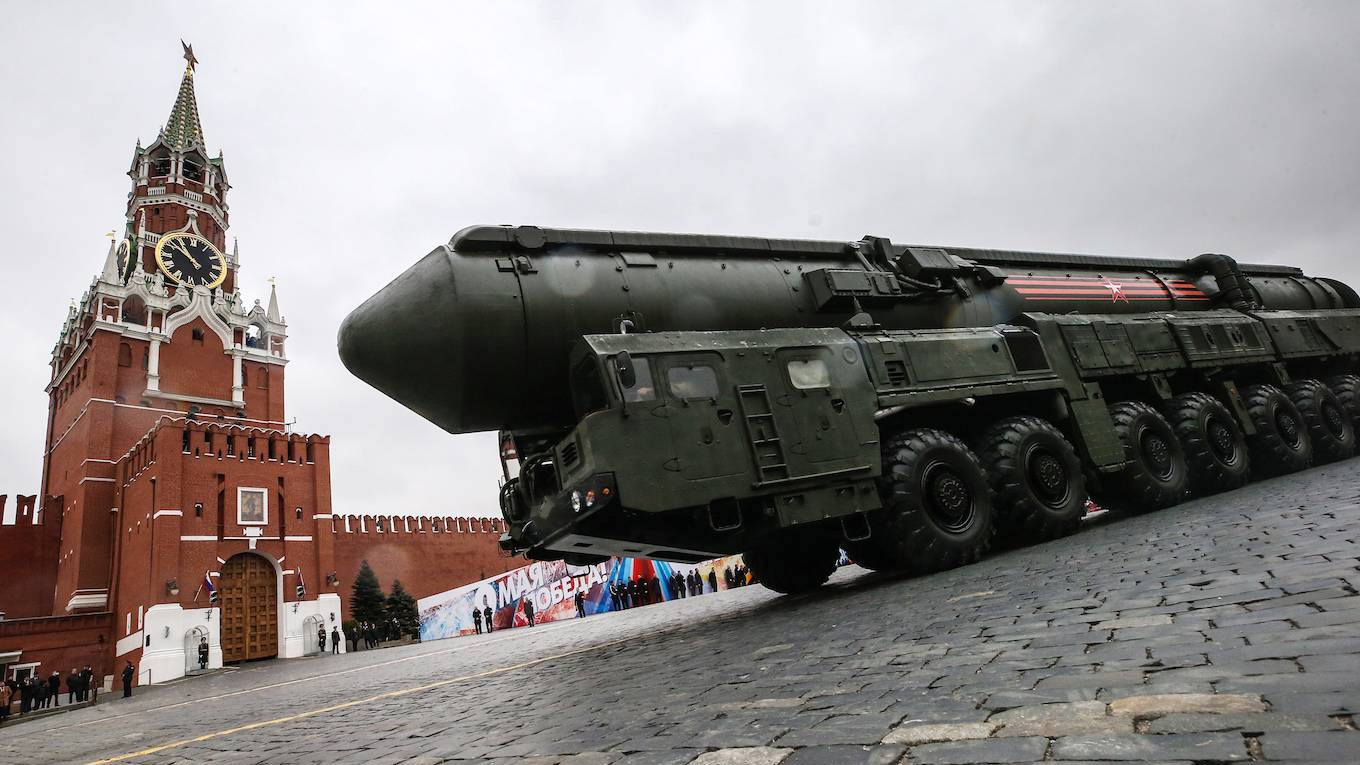Preventing Nuclear Conflict in Europe
 In the Euro-Atlantic region today, the risks of a fateful error leading to nuclear conflict are compounded by heightened tensions between NATO and Russia – and little communication between military and political leaders. In the absence of some positive initiative, we will continue to drift toward danger.
In the Euro-Atlantic region today, the risks of a fateful error leading to nuclear conflict are compounded by heightened tensions between NATO and Russia – and little communication between military and political leaders. In the absence of some positive initiative, we will continue to drift toward danger.
MUNICH – When leaders from across the Euro-Atlantic region meet at the Munich Security Conference this week, the “win-lose” framework defining relations between Western countries and Russia will be entering its fifth year. The longer this continues, the tighter the resulting knot of distrust will become – and the greater the risk of the ultimate “lose-lose” scenario: a military conflict. We must work together to cut this knot, and now.
The four of us, and together with a group of former and current senior officials and experts from across the Euro-Atlantic region – the Euro-Atlantic Security Leadership Group (EASLG) – believe that, despite significant differences, the United States, Russia, and Europe can and must cooperate on areas of vital common interest. Together in Munich, we will be presenting and discussing our ideas to improve the security of all people living in the region, beginning with reducing nuclear and other military risks.
No comments:
Post a Comment